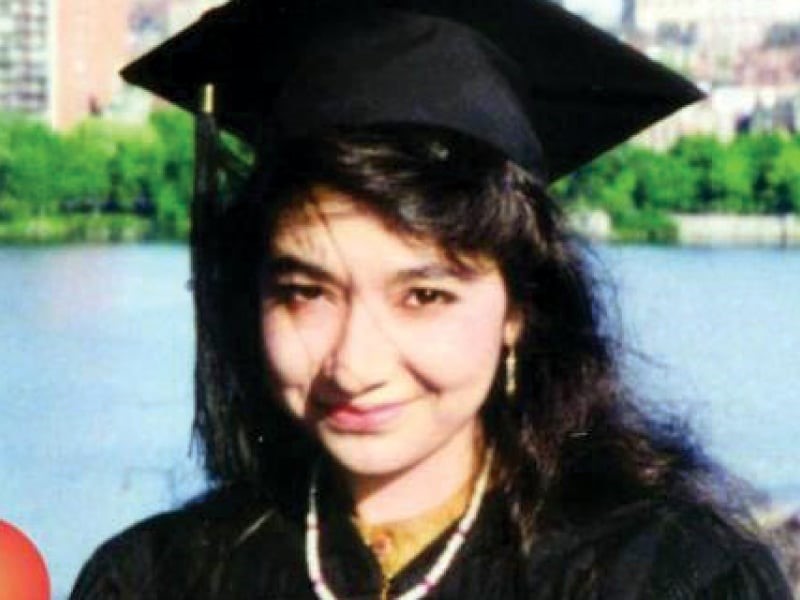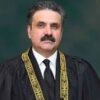Islamabad: Pakistani neuroscientist Dr. Aafia Siddiqui, who was convicted of trying to kill an FBI agent in 2010, has demanded a presidential pardon from US President Joe Biden before handing over the office to the newly elected President Donald Trump.
Siddiqui, 52, maintains her innocence and claims new evidence could support her case.
He was sentenced to 86 years in prison for an incident in Afghanistan, where he allegedly assaulted an FBI agent while in custody.
His lawyer, Clive Stafford Smith, has submitted a detailed dossier to President Biden urging him to issue a pardon, arguing that intelligence failures led to his wrongful conviction.
They claim that Siddiqui was abducted by Pakistan’s intelligence agency in 2003 and handed over to the CIA, who tortured him.
Despite the controversy surrounding his case, CIA whistleblower John Kiriakou and others insist that Siddiqui had ties to al-Qaeda and was a key figure in their network.
However, Siddiqui’s family says she was a victim of injustice, and her sister Fauzia has campaigned for her release for nearly two decades.
With Biden’s term expiring soon, there are concerns that Siddiqui may not get the relief he wants before Trump’s inauguration.
His legal team is hoping for an early intervention to avoid a lengthy prison term.
How did Dr. Aafia Siddiqui end up in Texas?
Dr. Aafia Siddiqui’s trial began in 2003 after the arrest of Al-Qaeda’s 9/11 mastermind, Khalid Sheikh Mohammed (KSM). Siddiqui, who is reportedly married to KSM’s nephew, disappeared with her children in Karachi, later earning her the title “Lady Al Qaeda” for her alleged links to Al Qaeda.
In 2008, she was arrested in Afghanistan, allegedly carrying sodium cyanide and planning attacks on US targets. During the interrogation, Siddiqui allegedly grabbed a US soldier’s rifle and tried to shoot the US agents. She was injured in the process and later showed signs of severe abuse.
Siddiqui’s son was released in Afghanistan, while her other two children have not been traced. In 2010, he was convicted of attempted murder in the United States and sentenced to 86 years in prison, although he was never charged with direct links to terrorism.












